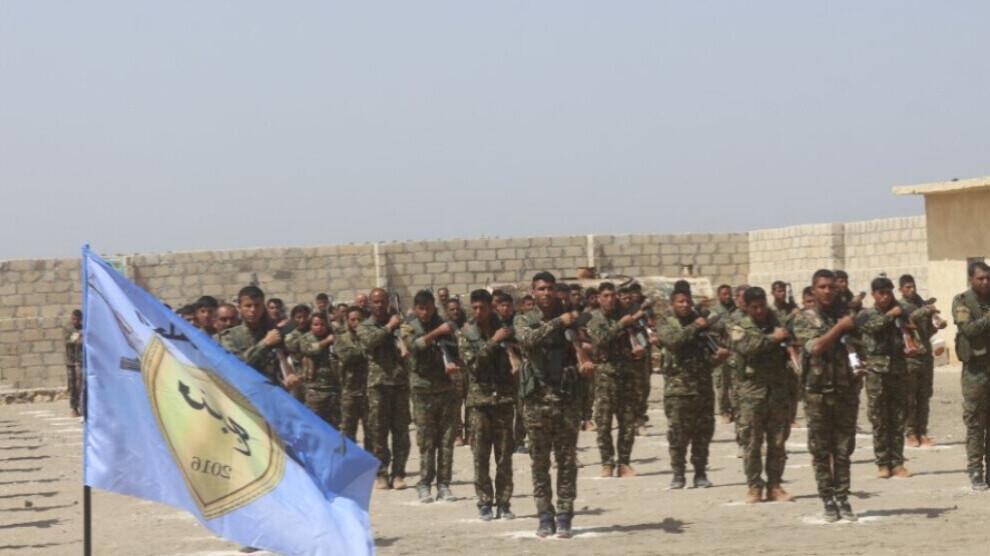Manbij Ceasefire Goes Into Effect, Counter-Revolution Threatens Rojava

A four-day ceasefire was announced yesterday in Manbij and its countryside between the Syrian Democratic Forces (SDF) and the Turkish-backed “Syrian National Army,” following three days of intense clashes. The truce, reportedly aimed at facilitating political solutions and prisoner exchanges, was confirmed by the Turkish-backed Syrian National Army faction, which stated that the agreement seeks to “implement humanitarian and security understandings, including the withdrawal of SDF members and their families from the region.” However, skirmishes continued near Tishreen Dam in northeastern Aleppo, sending a clear Turkish message that the agreement applies only to Manbij, signaling its intent to maintain operations until it secures control over the entire border with Syria.
Meanwhile, the SDF and the Autonomous Administration expressed their readiness for dialogue and to initiate a political transition in the country. SDF Commander Mazloum Abdi reiterated the organization’s willingness to facilitate the return of the tomb of Suleiman Shah to Ain al-Arab. Additionally, the Autonomous Administration announced the adoption of Syria’s new flag across its institutions, reaffirming the region’s integral connection to Syria’s territorial unity. The adoption of this flag after the counter-revolutionary offensive signals increased problems for the Rojava experiment.
According to Al-Akhbar, their sources revealed that a delegation comprising SDF leaders, tribal representatives, and local officials from Al-Hasakah will visit Damascus to discuss the future of northeastern Syria. The delegation plans to advocate for the preservation of the Autonomous Administration as a model for Syria’s administrative and military framework. Meanwhile, US and French diplomats are reportedly mediating talks between Turkey and the SDF to address security concerns, including the management of ISIS prisons and camps in SDF-controlled areas. Turkey, however, is expected to demand that the SDF dissolve itself, sever ties with the PKK, and expel PKK members from Syria in exchange for political representation in the new government.
Internally, the SDF faces mounting challenges threatening its military structure. Protests erupted in several cities in Deir Ezzor, Aleppo, and Al-Hasakah, demanding a transfer of control to the Military Operations Administration. Several high-ranking members of the SDF’s Deir Ezzor Military Council have defected, including its leader, Abu Laith Khasham, who joined the Military Operations Administration, in affiliation with HTS. This marks the fifth defection within the council. Amid these tensions, the SDF’s security arm imposed a curfew across northeastern Syria, citing the need to safeguard public safety.
Furthermore, reports state that a draft of terms was sent to the SDF from the HTS regime. The new state demands that the Syrian government be recognized as the sole authority, that Arab areas are handed over to the military, that PKK cadres are expelled from the country (meaning the dissolution of the YPG and allied revolutionary forces), Arab prisoners are released, border crossings would now be administered by the counter-revolutionary state, and foreign ISIS prisoners be released to the new state.
https://abolitionmedia.noblogs.org/?p=13106
#counterRevolution #hts #manbij #pkk #rojava #syria #turkey #westAsia #ypg
